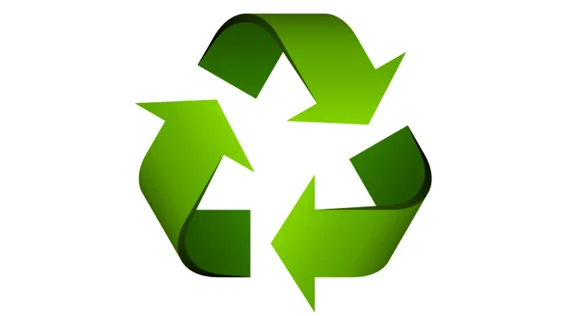
SPOKANE (Scrap Monster): The scientists at IBM’s Almaden Research Center in San Jose have discovered a new technique to give life to polycarbonates-a type of hard plastic. The findings of the research offer a way to transform polycarbonates into a stronger type of plastic called Polyaryl ether sulfones. The new technique will help recycle the type of plastic that are generally used in baby bottles, CDs and eyeglass lenses.
The study was conducted by the scientists at the IBM Almaden Research. The research paper titled “One-step Conversion of Polycarbonates into Value-Added Polyaryl ether sulfones” was published in the journal, Proceedings of the National Academy of Sciences of the United States of America. The research paper was authored by five scientists including Jeanette Garcia and Gavin Jones.
According to Jeanette Garcia-a polymer chemist at IBM’s research facility, the research exploited the inherent instability of the polycarbonate to break it down and make it into something else. They treated old CDs with a fluoride reactant similar to baking powder, and heat, in order to create a new powder-like substance that had more temperature and chemical resistance than the original substance. When this powder is reconstructed to new plastic forms, their superior strength prevents the decomposition process that causes BPA leaching.
The new plastics could be used in water purification, fiber optics and medical equipment due to its durability, ability to mold and resistance to temperatures, noted Gavin Jones- a computational chemist, who was part of the project.
The researchers expressed the hope that all stakeholders including chemical manufacturers and recycling plants would make use of the new technique to convert polycarbonates to useful plastic instead of throwing them at landfills. They also invited partnerships to push forward the technology and take it to a second level, by exploring on additional products that could be made out of polycarbonates.
The data released by the American Chemical Society suggests that nearly 2.7 million tonnes of polycarbonate is used around the world-mainly towards manufacture of commonly used items including baby bottles, CDs, LED screens, eyeglass lenses and smartphones. These polycarbonates decompose over a period of time, thereby leaching a toxic chemical called BPA (Bisphenol) into the environment. The new one-step chemical process unveiled by IBM helps to covert these BPA plastics into useful plastic powder which can be used for water purification, fiber optics and medical devices.
Following reports of BPA leaching from baby bottles in 2008, many retail chains including Walmart had pulled off bottles and other plastic products having BPA content, due to concerns that exposure to BPA could cause serious health issues in infants and children.
IBM Research - Almaden boasts a rich history of breakthroughs that include the distributed relational database; the ability to position individual atoms; the first data mining algorithms; the IBM Microdrive – the world's smallest disk drive; racetrack memory; and innovations in data storage technology.
| Copper Scrap View All | |
| Alternator | 0.32 (0) |
| #1 Copper Bare Bright | 3.75 (-0.01) |
| Aluminum Scrap View All | |
| 356 Aluminum Wheels (Clean) | 0.73 (0) |
| 6061 Extrusions | 0.64 (0) |
| Steel Scrap View All | |
| #1 Bundle | 460.00 (0) |
| #1 Busheling | 480.00 (0) |
| Electronics Scrap View All | |